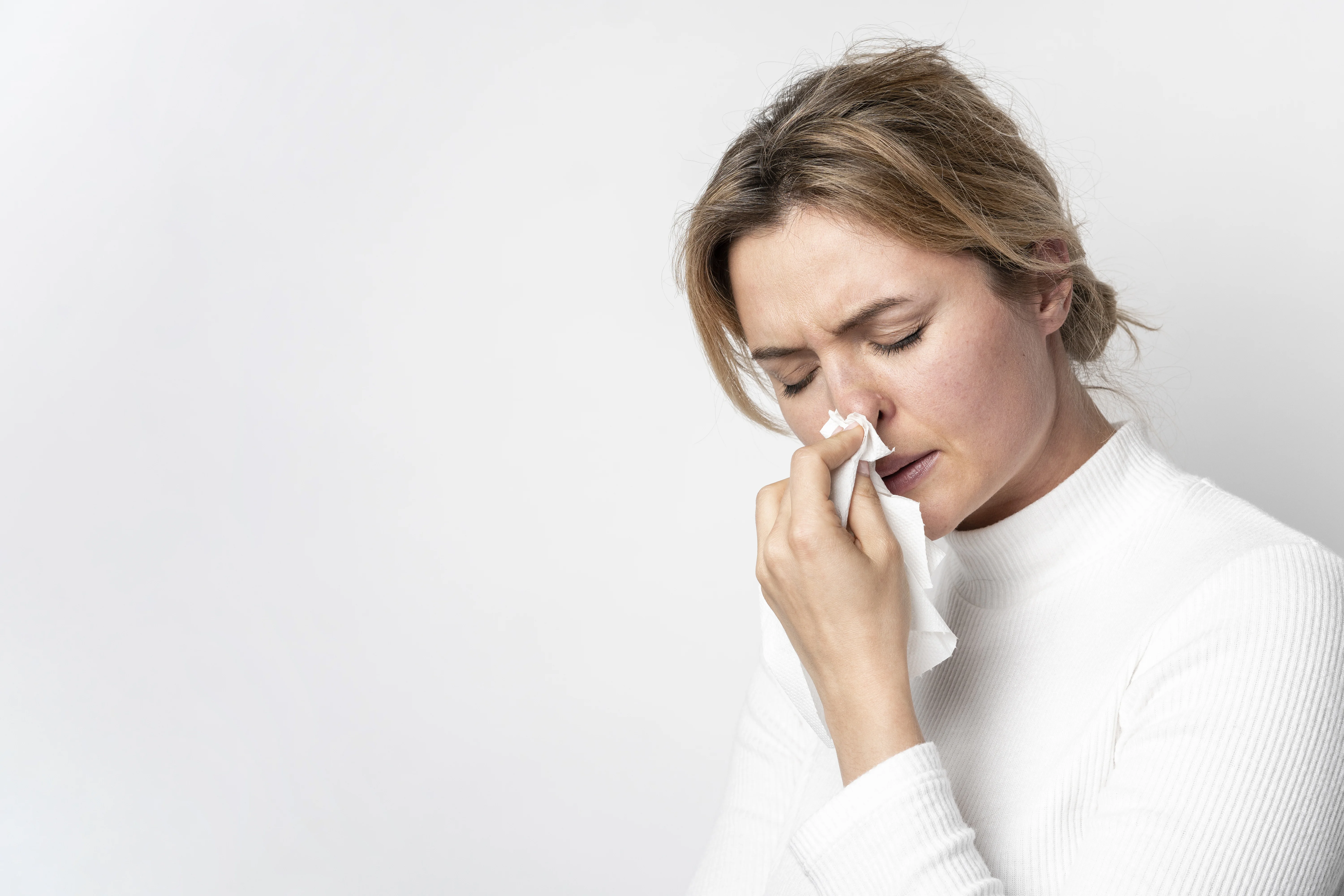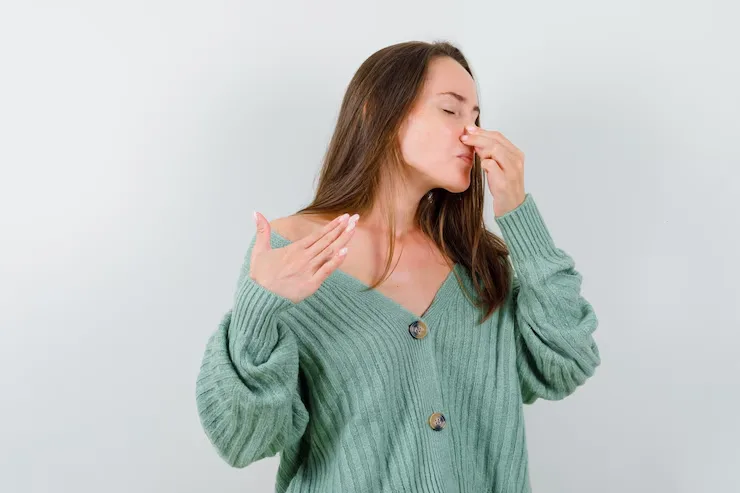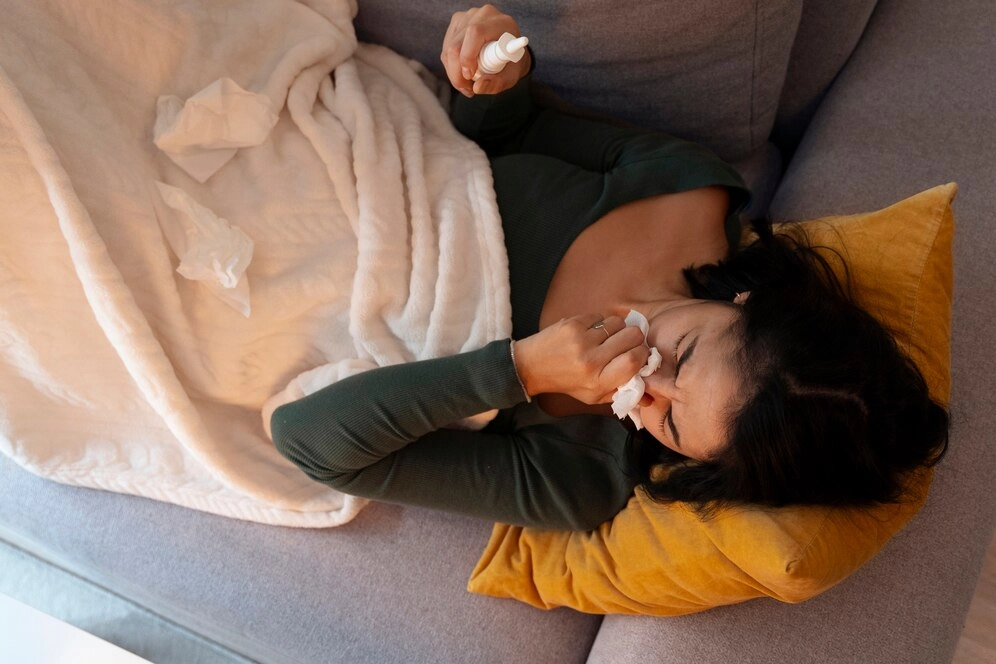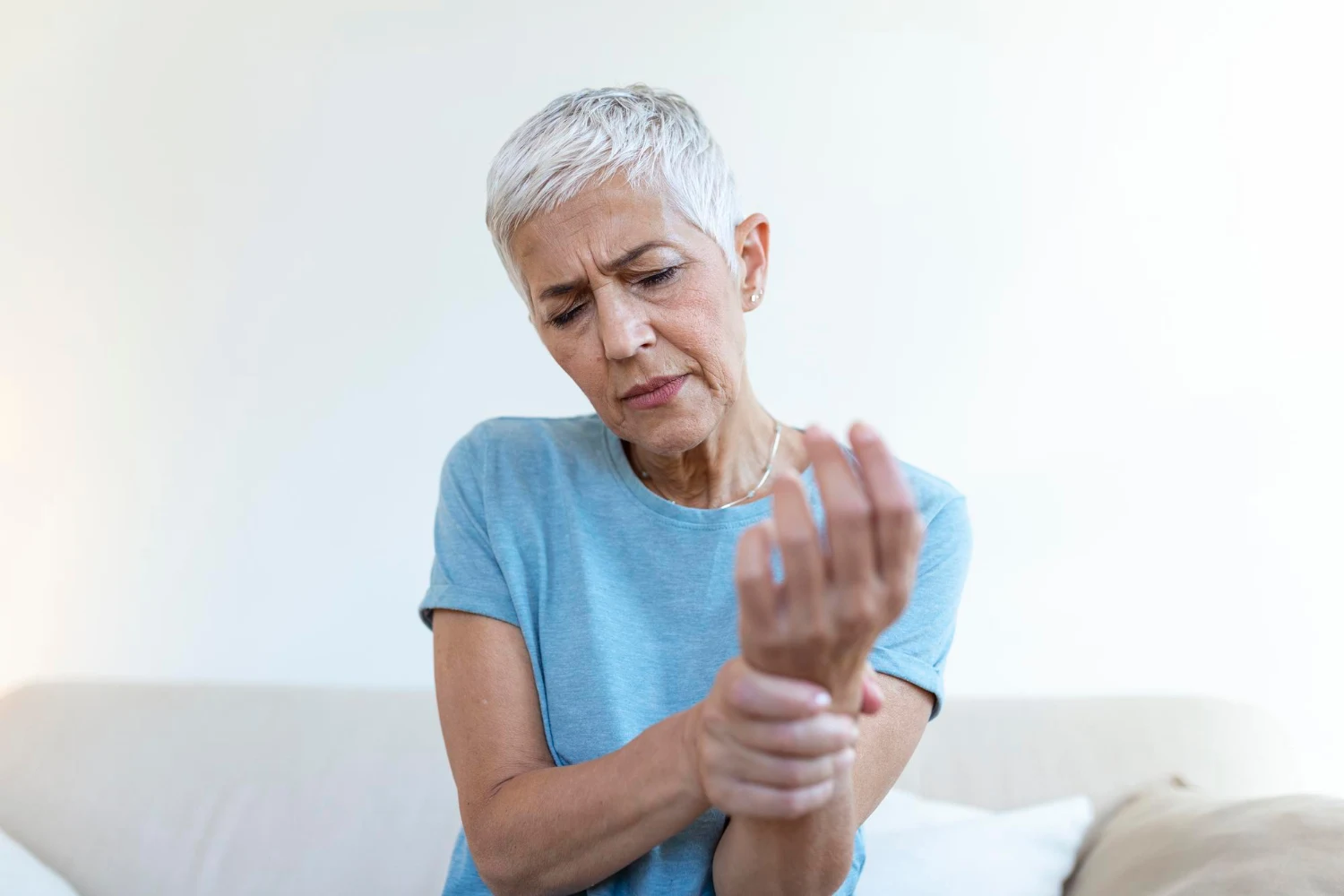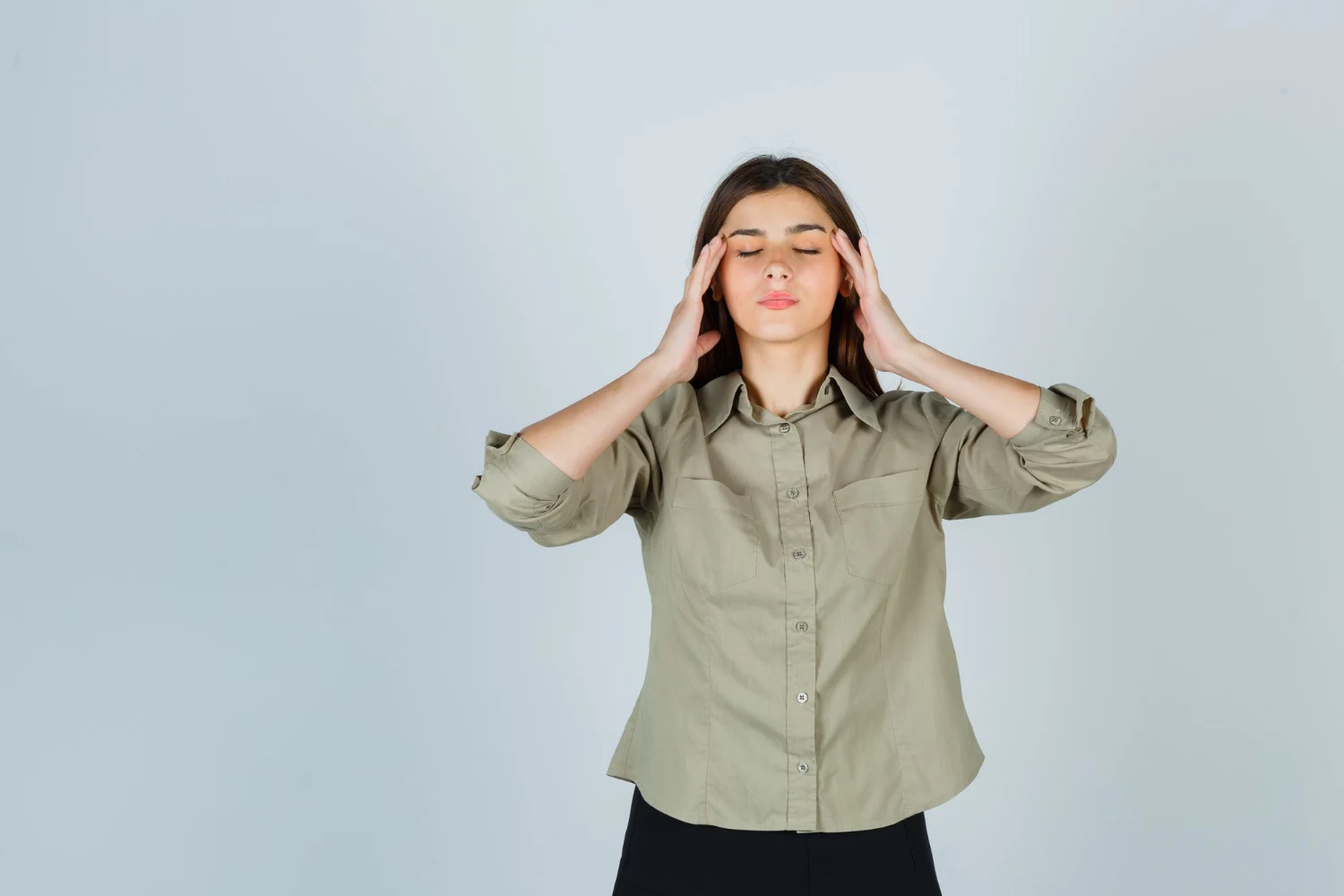What Are The Best Ways To Treat And Permanently Cure Sinus Issues?
Category: General medicine
Sinus issues, including chronic sinusitis and frequent infections, can cause significant discomfort and disrupt daily life. While temporary treatments can provide relief, finding long-term solutions to permanently cure sinus problems is key to improving quality of life. In this blog, we’ll explore the best ways to treat and potentially cure sinus issues for good, focusing on medical, natural, and preventive solutions.
Understanding Sinus Issues
Sinus problems occur when the sinus cavities, located behind the forehead, eyes, and cheeks, become inflamed or infected. These issues may arise from viral infections, bacteria, allergies, or structural abnormalities such as nasal polyps. Sinus problems can cause symptoms like nasal congestion, facial pain, headaches, and postnasal drip.
The Best Ways to Treat and Cure Sinus Issues
1. Nasal Irrigation
Nasal irrigation is one of the most effective ways to clear the sinuses and reduce inflammation. Using a saline solution to rinse the nasal passages can flush out mucus, allergens, and other irritants that can cause sinus problems. Devices like a neti pot or saline spray can be used regularly to keep the sinuses clear and reduce the chances of infection.
2. Prescription Medications
For chronic sinusitis or severe symptoms, prescription medications may be necessary. Doctors often recommend:
- Antibiotics for bacterial infections
- Steroid nasal sprays to reduce inflammation
- Antihistamines for allergies
- Decongestants for immediate relief
These medications can help manage symptoms, reduce inflammation, and treat infections effectively.
3. Surgery for Structural Issues
If sinus issues are caused by structural problems such as deviated septum or nasal polyps, surgery may be the best option. Functional endoscopic sinus surgery (FESS) is a common procedure that removes blockages and allows the sinuses to drain properly. This can provide long-term relief, especially for individuals with chronic sinusitis that doesn’t respond to medication.
4. Allergy Treatments
For sinus issues caused by allergies, identifying and treating the underlying allergens is crucial. Allergy testing can help determine specific triggers, and treatments may include:
- Allergen avoidance (e.g., using air purifiers, keeping windows closed during pollen season)
- Allergy shots (immunotherapy) to desensitize your body to specific allergens
- Antihistamines and nasal sprays to relieve allergy symptoms
Treating allergies not only relieves sinus symptoms but also prevents future flare-ups.
5. Steam Inhalation and Warm Compresses
Inhaling steam helps to loosen mucus and soothe inflamed sinuses. You can do this by taking a hot shower or breathing in steam from a bowl of hot water. Additionally, applying a warm compress to the face can help reduce pain and relieve pressure in the sinuses.
6. Chronic Sinusitis Management
For people suffering from chronic sinusitis, the key to long-term relief is managing the condition with a combination of treatments. Regular use of nasal sprays, saline rinses, and prescription medications may be necessary. In some cases, a long-term low-dose antibiotic treatment may be recommended to prevent recurring infections.
7. Herbal Remedies
Some natural remedies can help alleviate sinus symptoms. While these are not a cure for sinusitis, they can provide relief and complement medical treatments:
- Eucalyptus oil: Known for its decongestant properties, eucalyptus oil can be used in steam inhalation or in a diffuser.
- Ginger: With anti-inflammatory properties, ginger can help reduce sinus inflammation and promote healing.
- Apple cider vinegar: It may help thin mucus and clear nasal passages when mixed with water and taken as a drink.
However, it's important to consult with a healthcare professional before relying on natural remedies for long-term treatment.
8. Stay Hydrated and Eat a Healthy Diet
Keeping your body well-hydrated helps thin the mucus in your sinuses, making it easier to drain. Drinking plenty of fluids and maintaining a healthy diet with anti-inflammatory foods (such as leafy greens, turmeric, and omega-3-rich foods) can support your immune system and prevent sinus flare-ups.
9. Avoid Triggers and Irritants
If your sinus issues are related to allergens or irritants like dust, smoke, or strong chemicals, minimizing exposure is crucial. Using a high-quality air purifier, avoiding smoking or smoky environments, and regularly cleaning your home can help reduce irritants in your living space.
10. Probiotics and Immune Support
Maintaining a healthy balance of gut bacteria with probiotics can support your immune system and reduce inflammation, potentially helping to prevent sinus infections. Probiotics may be beneficial in supporting overall health, including sinus health.
Prevention Tips for Long-Term Sinus Health
- Practice good hygiene: Regular hand washing can prevent the spread of viruses and bacteria that cause sinus infections.
- Manage allergies: Keep your allergies under control with proper medication and by avoiding triggers.
- Use a humidifier: Dry air can irritate the sinuses, so a humidifier can help keep them moist and prevent inflammation.
- Get regular exercise: Exercise improves blood circulation and immune function, which can reduce sinus inflammation and infections.
Why Choose Lokmanya Hospitals for Sinus Treatment?
At Lokmanya Hospitals, we offer expert care for sinus issues with a team of experienced ENT specialists dedicated to personalized treatment plans. Our advanced diagnostic tools and state-of-the-art facilities ensure accurate assessment and effective treatment options, whether it's medical management or surgical interventions for chronic sinusitis.
We prioritize comprehensive care, focusing on both immediate relief and long-term solutions. From allergy management to minimally invasive surgeries, we aim to provide lasting relief while offering continuous support throughout your treatment journey. Trust Lokmanya Hospitals to help you breathe easier and enjoy a better quality of life.
Conclusion
Sinus issues can be disruptive, but with the right treatments and preventive measures, you can effectively manage and potentially cure them. From nasal irrigation to medical treatments and surgery, understanding the best options for your specific condition is essential for long-term relief. Always consult a healthcare provider to develop a treatment plan that works best for you.
FAQs about Treating and Curing Sinus Issues
1.How long does it take to permanently cure a sinus infection?
Treatment can vary based on the severity and cause of your sinus issues, but with proper care, symptoms can be reduced in a few weeks to a few months.
2. Is surgery the only way to cure chronic sinusitis?
Surgery is recommended only for individuals with structural issues like a deviated septum or nasal polyps. Many cases of chronic sinusitis can be managed with medication and lifestyle changes.
3. Can home remedies completely cure sinusitis?
While home remedies can provide relief, they are not a cure. Medical treatment, including medications or surgery, may be necessary for long-term management.
4. Are antibiotics always necessary for a sinus infection?
Antibiotics are only needed if the infection is bacterial. Viral sinus infections usually resolve on their own, while antibiotics may be prescribed for more severe or persistent bacterial infections.
5. Can sinus issues be caused by a poor diet?
A poor diet can weaken the immune system and increase susceptibility to infections. A healthy, balanced diet can help prevent sinus issues and support overall health.
6. Is steam inhalation safe for treating sinus infections?
Yes, steam inhalation can help relieve sinus congestion and reduce inflammation, making it a safe and effective treatment.
7. Can sinus problems be prevented with a vaccine?
There is no vaccine for sinus infections, but vaccines like the flu shot can prevent viral infections that can lead to sinusitis.
8. What is the best way to avoid sinus infections during allergy season?
Avoiding allergens, using air purifiers, and taking allergy medications as prescribed can help prevent sinus infections during allergy season.
9. How do I know if my sinus issues require surgery?
If sinus issues persist despite treatment and are caused by structural abnormalities, your doctor may recommend surgery to address the underlying cause.
10. Can chronic sinusitis be cured completely?
Chronic sinusitis can be managed effectively with the right treatment plan, including medication, surgery, and lifestyle adjustments. However, some individuals may experience recurring symptoms.


